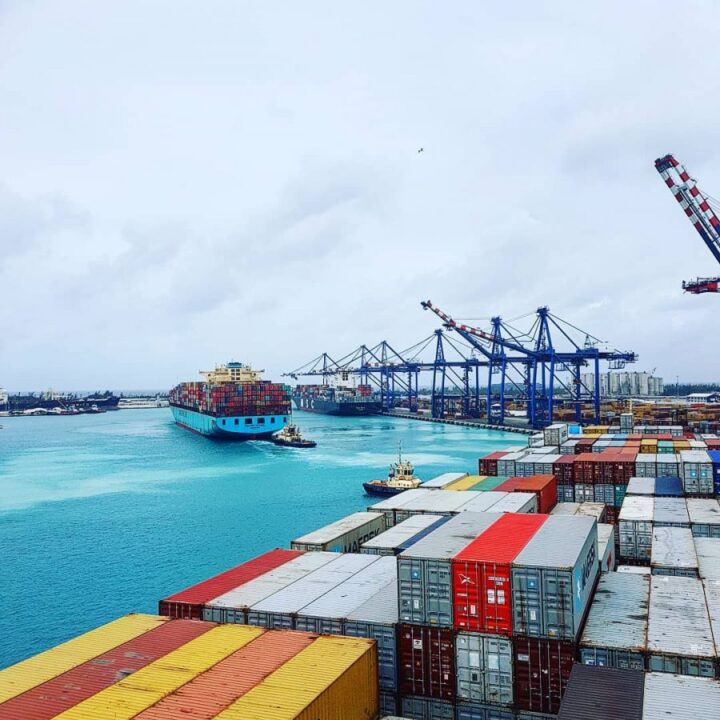Nigeria Customs Service (NCS) says it has not adopted e-valuation and e-invoicing for importers and exporters introduced by the Central Bank of Nigeria (CBN).
Last Friday, (NCS) had said it would support the e-invoicing and e-valuation policy introduced by the central bank if certain conditions are met.
In a statement released on Thursday and signed by Timi Bomodi, public relations officer, NCS, the agency said it could not adopt the new policy because it was restricted by international treaties to which it was a signatory.
“The practice world over is to domicile adjudication on customs values for import and export within the customs administration of every country,” the statement reads.
Advertisement
“The NCS, undoubtedly, is alive to its statutory functions and has a vibrant valuation unit under the tariff and trade department whose roles among others includes the proper interpretation of WCO/WTO rules and agreements concerning the valuation of goods.
“Nigeria being a member of the World Customs Organisation, World Trade Organisation and also a signatory to international trade treaties, including Article VII of the General Agreement on Tariffs and Trade is constrained to abide by the principles contained therein.”
The NCS said based on global convention (Article VII), the value for customs purposes of imported/exported goods should be based on the actual value paid or payable for them.
Advertisement
It explained further that this agreement also prescribes five other methods for arriving at customs value where the transaction value is unacceptable.
It said the methods are the transaction value of identical goods; the transaction value of similar goods; the deductive value method, computed value method, and fallback method applied sequentially.
It, therefore, dismissed claims that it had adopted the new policies introduced by the CBN.
“It has come to our attention that reports are suggesting the Nigerian Customs Service (NCS) has acquiesced to the introduction of e-valuation and e-invoicing for import and export businesses in Nigeria by Central Bank of Nigeria (CBN). We wish to state this is incorrect,” NCS said.
Advertisement
“The service still stands by its earlier submission on the matter as was communication to the House of Representatives Joint Committee on Customs and Exercise, Banking and Currencies on March 3, 2022.”
NCS said the house committee had directed all stakeholders in the supply chain to meet to harmonise procedures with particular to resolving the impasse, but it is yet to hold.
“Therefore, there could not have been any agreement supporting the CBN initiative as reported in the news,” the statement added.
The CBN had introduced electronic invoice (e-invoice) and electronic valuation (e-evaluator) to achieve accurate value from import and export items in and out of the country.
Advertisement
The e-invoice is a digitally-delivered invoice issued, transmitted, received, processed, and stored in a specific standardised format.
The initiative had received copious kickbacks since its introduction, forcing clearing agents to down tools — an action that led to a backlog of vehicles at the ports.
Advertisement
Add a comment







